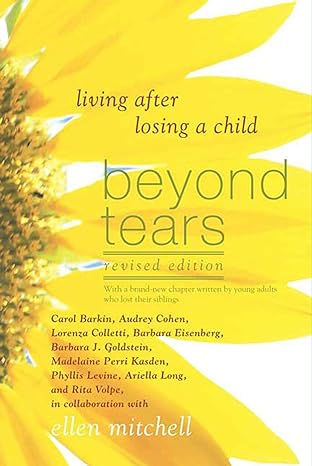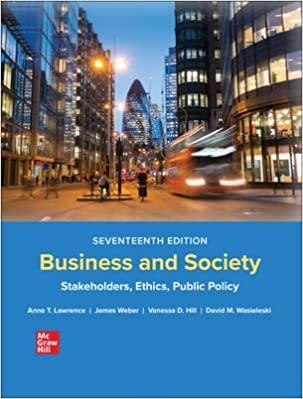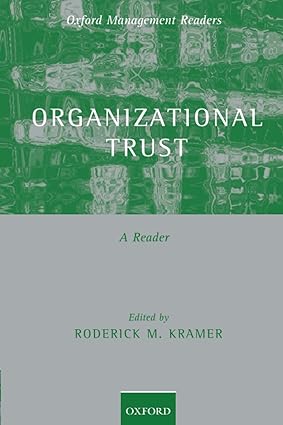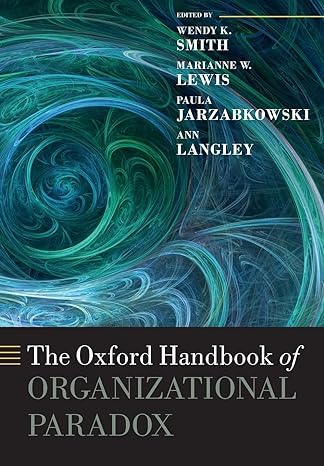Go back

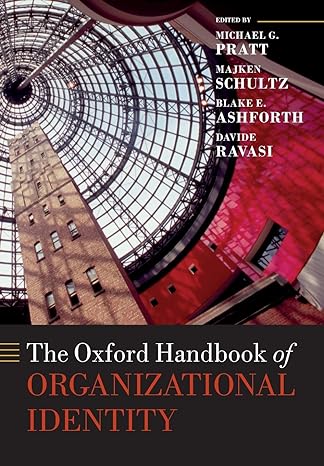
The Oxford Handbook Of Organizational Identity(1st Edition)
Authors:
Michael G. Pratt ,Majken Schultz ,Blake E. Ashforth ,Davide Ravasi

Cover Type:Hardcover
Condition:Used
In Stock
Include with your book
Free shipping: April 03, 2024Popular items with books
Access to 3 Million+ solutions
Free ✝
Ask 10 Questions from expert
200,000+ Expert answers
✝ 7 days-trial
Total Price:
$0
List Price: $39.95
Savings: $39.95(100%)
Book details
ISBN: 0198815743, 978-0198815747
Book publisher: Oxford University Press
Get your hands on the best-selling book The Oxford Handbook Of Organizational Identity 1st Edition for free. Feed your curiosity and let your imagination soar with the best stories coming out to you without hefty price tags. Browse SolutionInn to discover a treasure trove of fiction and non-fiction books where every page leads the reader to an undiscovered world. Start your literary adventure right away and also enjoy free shipping of these complimentary books to your door.
The Oxford Handbook Of Organizational Identity 1st Edition Summary: The topic of organizational identity has been fast growing in management and organization studies in the last 20 years. Identity studies focus on how organizations define themselves and what they stand for in relation to both internal and external stakeholders. Organizational identity (OI) scholars study both how such self-definitions emerge and develop, as well as their implications for OI, leadership and change, among others.We believe there are at least four inter-related reasons for the growing importance of OI. OI addresses essential questions of social existence by asking: Who are we and who are we becoming as a collective? It is a relational construct connecting concepts and ideas that are often viewed as oppositional, such as "us" and "them" or "similar" and "differen". OI is also nexus concept serving to gather multiple central constructs, also represented in this Handbook. Finally, OI is inherently useful, as knowing who you are is the foundation for being able to state what you stand for and what you are promising to others, no matter their relation with the organization.The Handbook provides a road-map to the OI field organized in over 25 chapters across seven sections. Each chapter not only offers a broad overview of its particular topic, each also advances new knowledge and discusses the future of research in its area of focus.
Customers also bought these books
Frequently Bought Together
Top Reviews for Books
Lucia Folerias
( 5 )
"Delivery was considerably fast, and the book I received was in a good condition."




